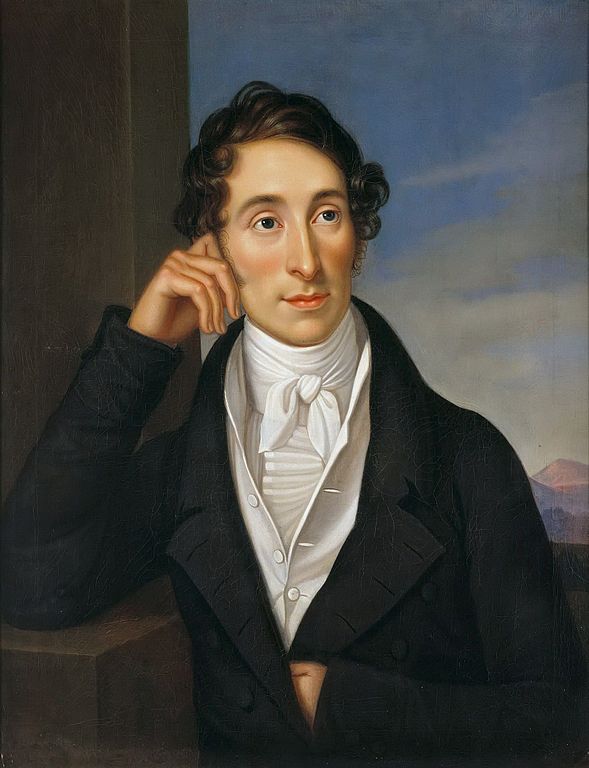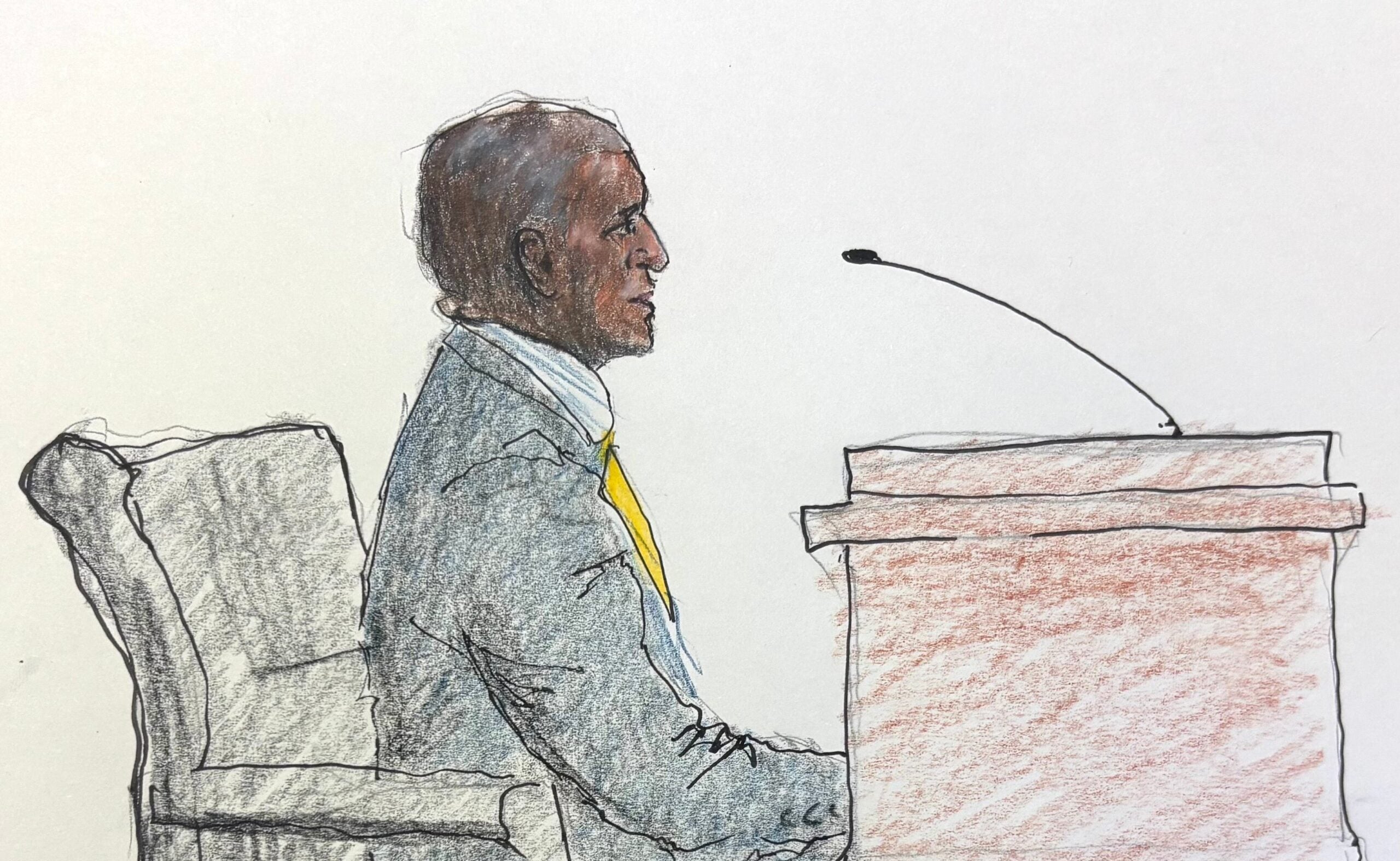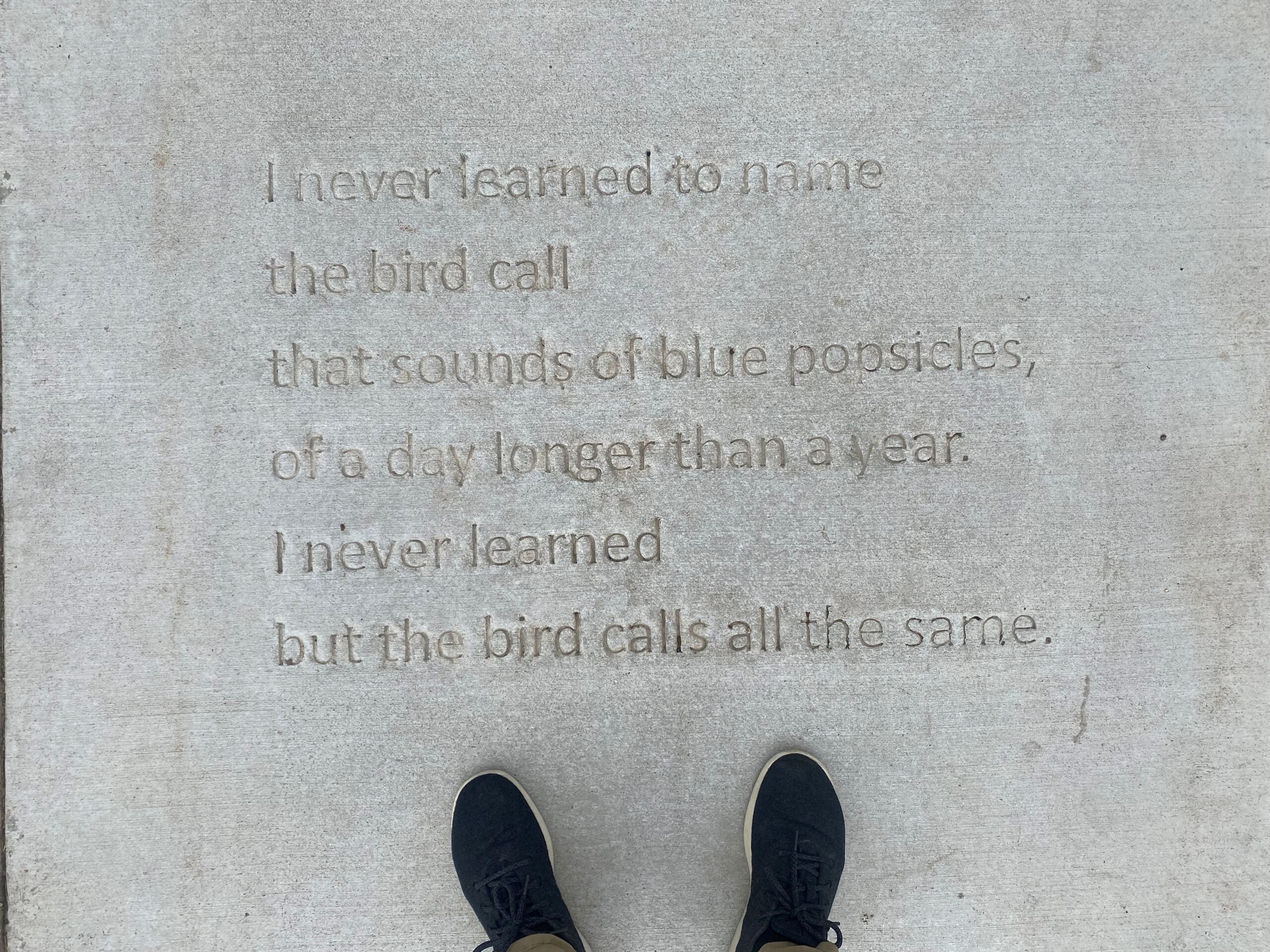Carl Maria von Weber had admired the lyrical poetry of Helmina von Chézy, and when the Vienna theater commissioned him to write an opera, he asked her to write the libretto. For her story, Chézy chose “The Tale of the Virtuous Euryanthe,” which was based on the timeworn device of a wager about a woman’s virtue.
The rambling, complicated, supernatural plot defied staging. After eleven revisions, Weber diverted himself with performances of his recent success, Der Freischütz, in Prague and Vienna. When he returned home to Dresden, he took walks in the woods, repeating Chézy’s poetry in an effort to set it to music.
Within about sixty days, he had the whole score of Euryanthe in his head and had written down all but the overture by August 29, 1823.
News with a little more humanity
WPR’s “Wisconsin Today” newsletter keeps you connected to the state you love without feeling overwhelmed. No paywall. No agenda. No corporate filter.
In the meantime, the hard-up Chézy wanted to be paid for all the revisions. The “hornet,” as Weber called her, wrote to say that if he didn’t send her 600 thalers, she would come to Vienna and forbid the production. He replied that he would pay her as soon as he had fulfilled his current engagements. She responded with an ultimatum: she must have the money or a guarantee by the next morning.
Weber took some comfort from hearing that Chézy was generally considered to be a crackpot, but he sent her a fraction of the money as “a gift.” When he went to Vienna to conduct the October 25 debut, she was making the rounds, telling everyone that she was refusing his money and was planning to take him to court.
At performance time, she burst into the theater, shouting, “I am the Poetess! Let me through! I am the Poetess!” The audience replied with cheerful jeers and somehow passed her hand to hand over the heads of those who were seated.
For the sake of keeping the peace, Weber made an effort to get her token payments from all theaters and publishers who purchased the ill-fated Euryanthe.
Wisconsin Public Radio, © Copyright 2025, Board of Regents of the University of Wisconsin System and Wisconsin Educational Communications Board.







